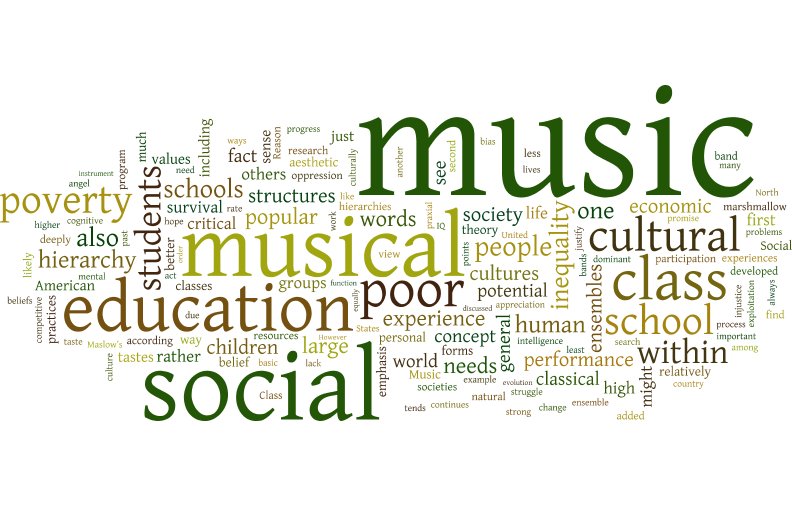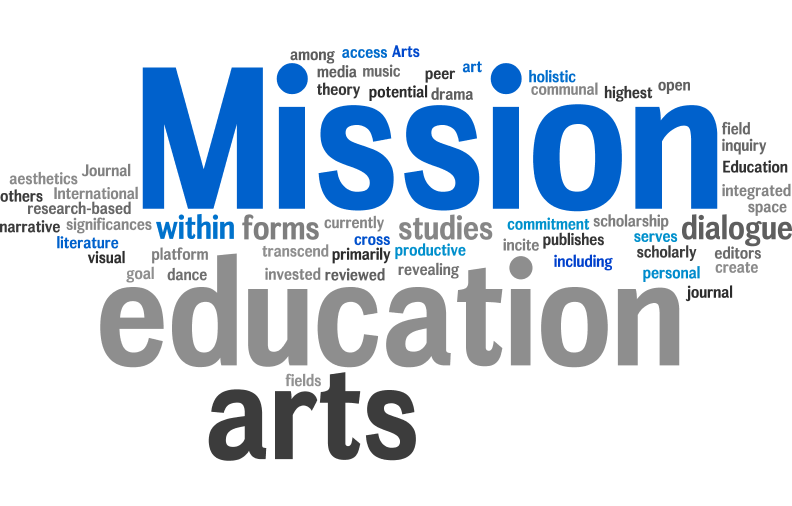| Volume 18 Number 7 | February 18, 2017 |
Critical Social Class Theory for Music Education
Vincent C. Bates
Weber State University, USA
Citation: Bates, V. C. (2017). Critical social class theory for music education. International Journal of Education & the Arts, 18(7). Retrieved from http://www.ijea.org/v18n7/.
Abstract
This work of critical social theory explores how formal music education in modern capitalist societies mirrors the hierarchical, means-ends, one-dimensional structures of capitalism. So, rather than consistently or reliably empowering and emancipating children musically, school music can tend to marginalize, exploit, repress, and alienate. The paper begins with a review of critical theories of social class, with emphasis on the roots of social class in historical beliefs about sociocultural evolution. Then, after considering in general terms how social class is overtly and covertly framed in music education, this framing is discussed in more detail within extant conceptualizations of musical taste, musical performance, and musical experience.
Visual Abstract




